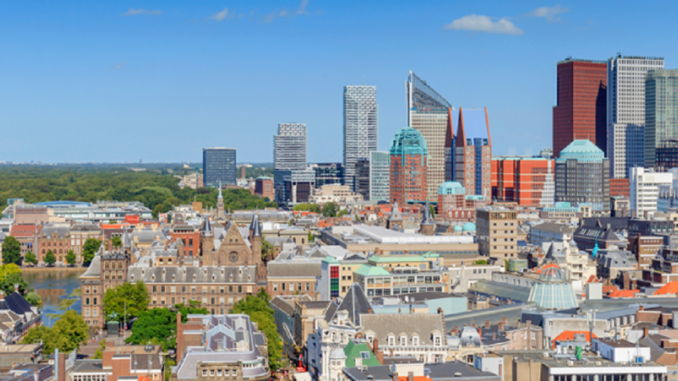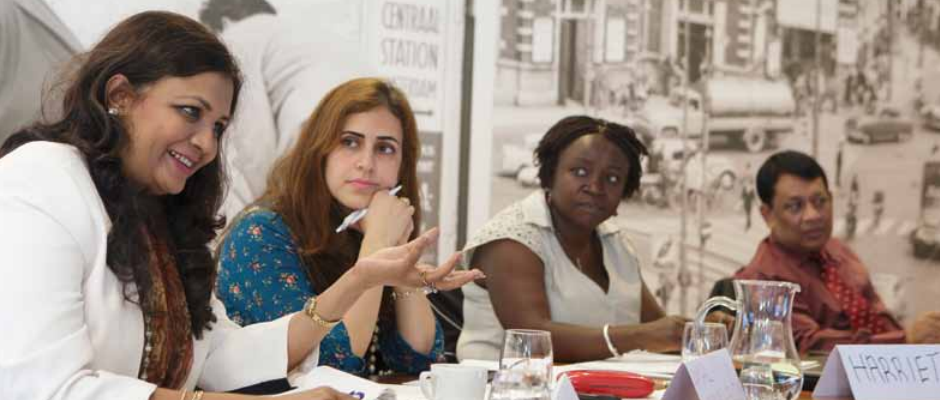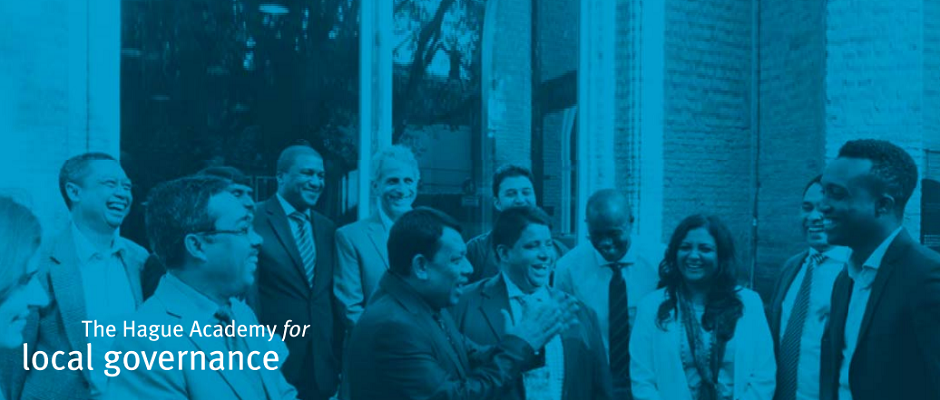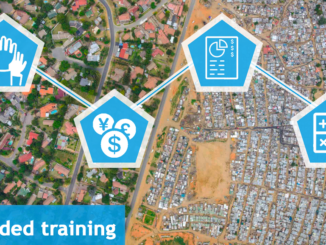
With the majority of the world population living in urban environments today, cities have become the engines of (economic) development and innovation. At the same time, cities have been forced to confront many of the world’s most pressing challenges: poverty and inequality, migration, pollution, natural disasters, and other consequences of climate change. In the face of these complex challenges, urban resilience and smart city solutions have become important concepts in the urban governance agenda, providing a way forward for urban local authorities, city planners, urban policy makers and practitioners.
This course on urban governance focuses on strategies, frameworks and tools to strengthen cities’ resilience: their ability to absorb and recover from internal and external shock or stress, maintain their essential functions and adapt and thrive in the face of continual change. The course will also cover smart city solutions by examining the role data and innovative technologies play in promoting resilience.
The course combines theoretical debates with practical experiences, real-life scenarios, as well as group work. The discussions are designed to help you answer the following questions:
- What must cities be resilient to?
- How can cities, as complex systems, adapt and be resilient?
- How can cities finance resilience?
- How can cities use data and technology to enhance resilience?
The course balances classroom discussions with study visits to the Dutch Ministry of Infrastructure and Water, the Province of South Holland, The Hague Municipality, Amsterdam Urban Ecosystem, Smart City Amsterdam and the Rotterdam Global Center on Adaptation. This focus on practice-oriented learning ensures that participants learn from the best practices of Dutch smart and resilient cities.
Course format:
Due to the travel restrictions associated with the Coronavirus outbreak, the format of the course has been adjusted. We are now offering a practice-oriented blended course, consisting of two parts:
Online module: This module will consist of several assignments spread throughout the timeframe provided. This is an opportunity to learn about the topic (while enhancing your online skills in an innovative e-learning environment) and prepare you for the next part of the course.
Dates: 1 March to 9 April, 2021.
Face-to-Face course: Participants will spend eight days in The Netherlands, focusing on study visits, expert presentations, and the exchange of experiences with other participants. We intend to offer this part of the training during the dates stated below, but if this proves not to be possible, it will be postponed to the earliest possibility.
Dates: 21 – 28 June, 2021.
Additional course details can be found on The Hague Academy for Local Governance‘s website.



